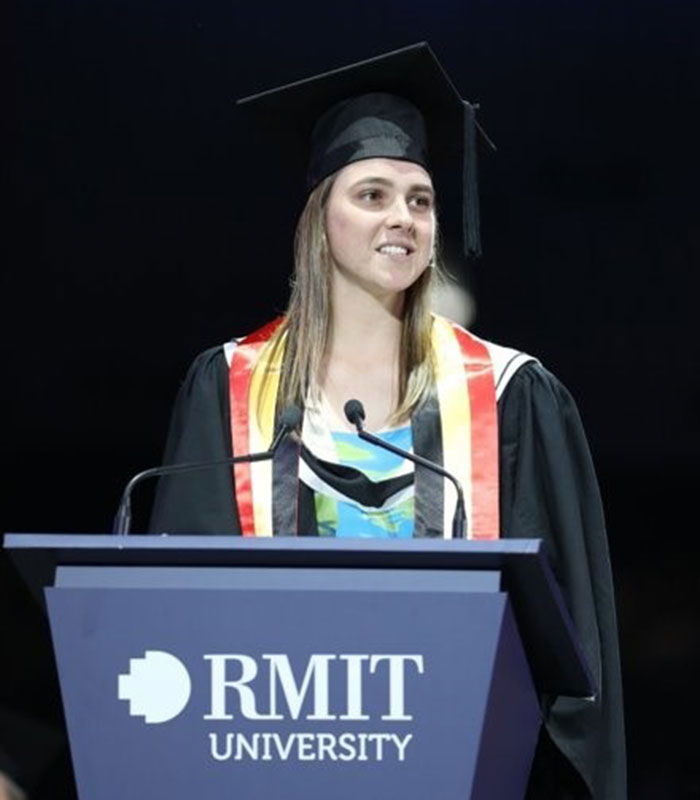Delve into the fascinating realm of maps and spatial analysis. Unleash your curiosity as you explore the world from a unique perspective. Dive into satellite imagery and laser sensors, GPS technology, geographic information systems (GIS), digital twins, virtual reality, robots and artificial intelligence. Use your skills in mapping and spatial data analysis to contribute towards UN sustainable development goals.
In our major, you will meet many passionate and dedicated professionals who share their knowledge through invited lecturers, capstone project supervisions, internships and fieldwork. You can undertake one-of-a-kind work placement locally, interstate and overseas, building a global network and boosting career opportunities. We also partner with key players operating in the global geospatial market including Google, ESRI Australia, Trimble, Leica, and Hexagon.
Our industry-ready graduates are employed across multiple sectors including transportation, defence, engineering, environment, infrastructure, health, agriculture and policymaking.



